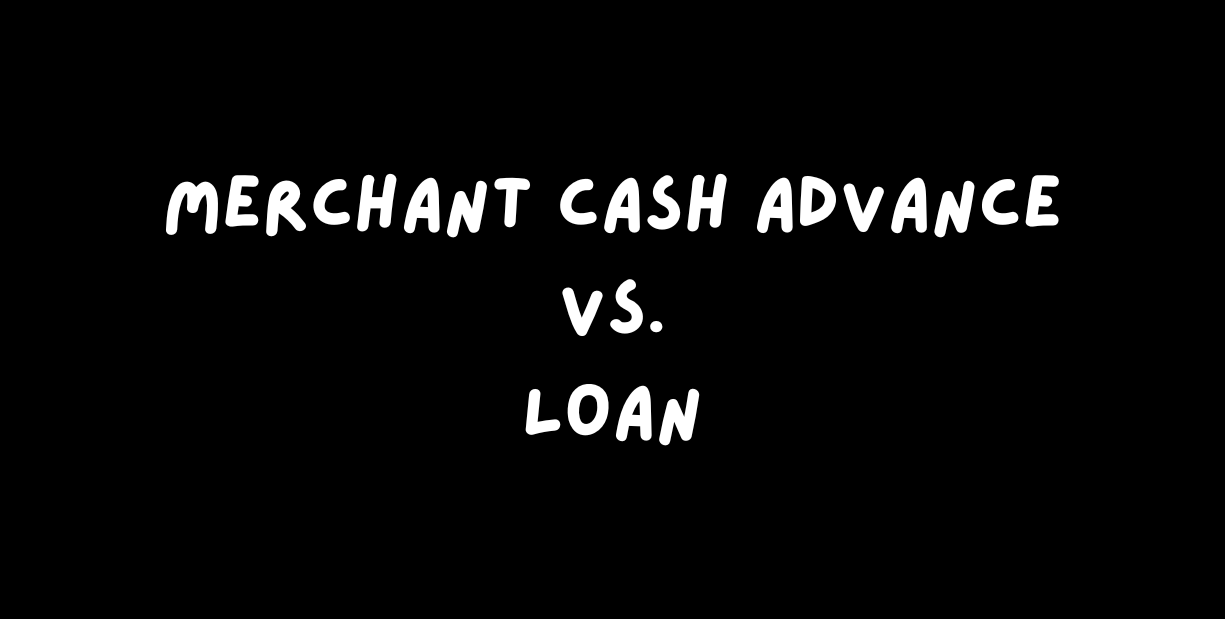What Is an MCA Loan? A Complete Guide for Business Owners
What Is an MCA Loan?

At J. Singer Law Group, we help business owners understand their financing options and navigate the legal complexities of merchant cash advance s (MCAs). In this guide, we’ll explain what MCA loans are, how they work, their pros and cons, and when they might (or might not) be the right choice for your business.
What Is an MCA Loan?
A Merchant Cash Advance ( MCA loan ) is not a traditional loan but rather an advance on future sales. A business receives a lump sum upfront and repays it through a percentage of daily or weekly credit card sales or bank deposits.
Unlike standard loans with fixed monthly payments, MCA repayments fluctuate based on revenue, making them appealing for businesses with seasonal or inconsistent cash flow.
- Quick funding – Cash is available within 24–48 hours
- Flexible repayment – Based on sales, so payments are lower during slow periods
- No fixed collateral required
However, MCA loans come with high fees, and repayment terms can be aggressive, leading many businesses into financial trouble.
How Does an MCA Loan Work?
Step 1: Receive a Lump Sum Advance
A lender provides a business with upfront cash in exchange for a percentage of future sales or revenue deposits.Step 2: Repayment Through Revenue Deductions Repayment happens in one of two ways:
- A percentage of daily credit card sales (for businesses with card transactions)
- Fixed daily/weekly ACH withdrawals from a business bank account
Since repayments are based on sales, businesses pay more when revenue is high and less when sales are low.
Step 3: Paying the Total Factor Rate Instead of an interest rate, MCAs use a factor rate (e.g., 1.2 to 1.5), meaning businesses repay 20–50% more than the borrowed amount.
Example: If you borrow $50,000 with a 1.3 factor rate, your total repayment is $65,000.
Who Qualifies for an MCA Loan?
One of the biggest advantages of an MCA loan is that it’s easier to qualify for than traditional bank financing.- Businesses with consistent credit card sales or bank deposits
- Low credit score businesses – Many MCA lenders don’t require high credit scores
- Startups and small businesses that may not qualify for bank loans
Since MCA providers focus on revenue rather than credit history, approval is much faster than traditional loans.
Pros & Cons of MCA Loans
Benefits of an MCA Loan
- Fast Access to Cash – Funds are typically available within 24–48 hours
- No Fixed Monthly Payments – Repayment adjusts with revenue, preventing financial strain during slow months
- Easier Approval Process – Lower credit score requirements than traditional loans
- No Collateral Required – Unlike bank loans, MCAs don’t require real estate or assets as security
Downsides of an MCA Loan
- High Factor Rates (Expensive Fees) – Equivalent APRs often range from 50% to 350%
- Daily or Weekly Withdrawals Can Hurt Cash Flow – MCA repayments reduce business earnings significantly
- No Credit Score Improvement – MCA payments are not reported to credit bureaus, so they won’t help build business credit
- Risk of Debt Cycle – Many businesses struggle to repay MCAs and take out multiple advances, leading to financial instability
Warning: Some MCA lenders include Confessions of Judgment (COJ) in contracts, allowing them to seize assets without court approval if you default. Always read the terms carefully!
Alternatives to MCA Loans
Because of the high cost of MCA loans, businesses should explore better financing options, such as:- Business Lines of Credit – Revolving credit with lower interest rates
- SBA Loans – Low-interest loans backed by the Small Business Administration
- Invoice Factoring – Selling unpaid invoices for quick cash
- Traditional Business Loans – Bank loans with fixed monthly payments and lower rates
A business attorney can help negotiate better financing terms or challenge unfair MCA agreements.
When Should You Consider an MCA Loan?
MCA loans may be useful if:
- You need emergency funding (unexpected expenses, seasonal dips)
- Your business generates strong credit card sales
- You don’t qualify for traditional loans but need fast cash
�55357;�57000; Avoid MCA loans if you rely on steady cash flow for daily operations. The high fees and daily withdrawals can drain revenue quickly, making it difficult to sustain your business.
How to Apply for an MCA Loan
Step 1: Choose a Reputable MCA Provider
- Research lenders with transparent terms
- Avoid companies with hidden fees or predatory contracts
Step 2: Submit Business Financials
Most MCA providers require:- Recent bank statements (3–6 months)
- Credit card processing reports
- Proof of business revenue
Step 3: Review Loan Terms Carefully
- Check the factor rate and total repayment amount
- Look for Confession of Judgment clauses (red flag �55357;�57001;)
Step 4: Receive Funds & Begin Repayment
Once approved, funds are deposited within 24–48 hours, and daily/weekly repayments begin immediately.Can You Get Out of an MCA Loan?
If you’re struggling to repay an MCA loan, you may have legal options:- Debt Settlement Negotiation – Some MCA lenders will accept reduced lump-sum payments
- Restructuring the Agreement – Modifying payment terms to reduce financial burden
- Legal Defenses Against Predatory Lenders – If an MCA contract is unfair or deceptive, an attorney can challenge its enforcement
�55357;�57000; If you’re trapped in an MCA loan cycle, seek legal advice immediately! J. Singer Law Group can help businesses fight unfair lending practices and negotiate better repayment terms.
Conclusion
An MCA loan is a fast but expensive financing option for businesses that need quick cash. While they offer easy approval and flexible repayment, they come with high costs and potential financial risks.
Before taking an MCA loan, consider alternative financing options with lower interest rates and better long-term benefits. If you already have an MCA and need help with repayment, contract disputes, or debt relief, J. Singer Law Group is here to assist you.
Contact us today for a free consultation !











